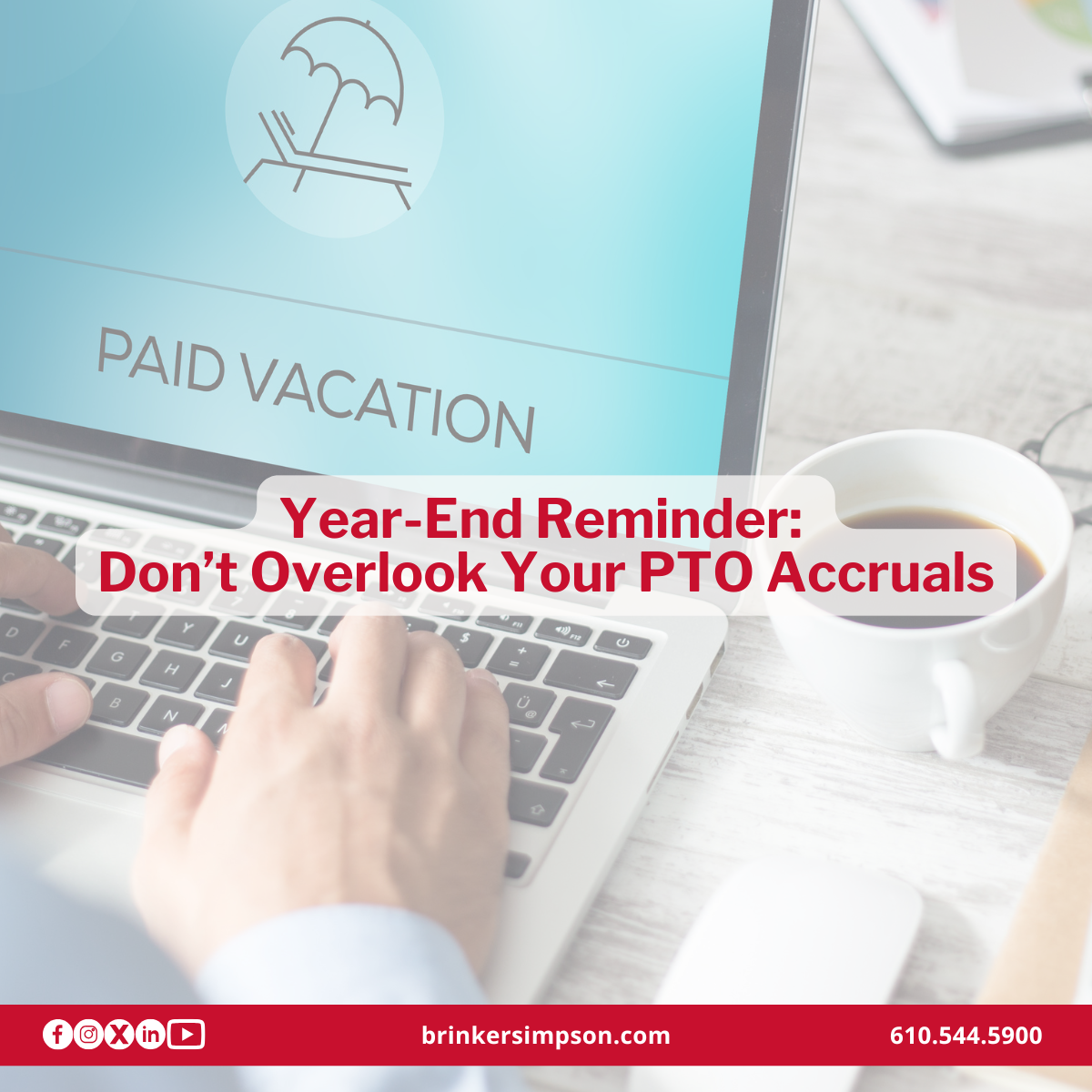In 2023, the IRS Chief Counsel released Memorandum AM 2023-004, which examined whether Name, Image, and Likeness (NIL) collectives, established to support college athletes, qualify for tax-exempt status under Section 501(c)(3). The memorandum concluded that many of these collectives fail to meet the necessary criteria because they primarily serve private interests—specifically benefiting student-athletes directly.
What Are NIL Collectives?
NIL collectives are groups, often formed by boosters, alums, or fans, that pool resources to provide financial opportunities for student-athletes. These collectives can be either for-profit or nonprofit. However, nonprofit collectives face increased scrutiny from the IRS because of concerns that they primarily benefit athletes, which conflicts with the requirement for tax-exempt status.
IRS Findings on NIL Collectives and Tax Exemption
According to the IRS Chief Counsel Memorandum, organizations seeking tax-exempt status must serve public interests, not private ones. The IRS found that most NIL collectives fail the operational test because their core activity is compensating student-athletes for their NIL rights, thus failing to provide sufficient public benefit. Although some collectives claim to support charitable activities, the IRS determined that the significant private benefit to athletes outweighs any public good they may provide. The IRS also applies the private benefit doctrine, limiting NIL collectives' tax exemption eligibility.
Risks for Universities and NIL Collectives
Universities and colleges affiliated with NIL collectives face several risks:
- IRS Audits and Penalties: Collectives that improperly claim tax-exempt status may face IRS audits, financial penalties, or even the revocation of their tax-exempt status.
- Ethical and Reputational Risks: Universities that benefit from or are associated with NIL collectives could face reputational damage if those collectives violate IRS or NCAA regulations, mainly if athletes are profiting from activities that contradict NCAA rules or IRS tax-exempt requirements.
Navigating Compliance
To comply with IRS and NCAA regulations, universities must clearly separate from NIL collectives. Universities are prohibited from directly compensating athletes for athletic performance, so they must avoid involvement in structuring NIL deals. While NIL collectives are independent entities, any appearance of university involvement could lead to NCAA sanctions, especially if compensation is tied to athletic performance. As boosters and alums are often the primary financial supporters of these collectives, universities must carefully manage these relationships to avoid compliance issues. Ensuring NIL agreements align with NCAA and IRS regulations is essential to avoid penalties and protect the school's reputation.
Looking Ahead
The IRS memorandum on NIL collectives has made it clear that most of these organizations do not meet the criteria for tax-exempt status due to their focus on compensating student-athletes. As NIL opportunities continue to grow, universities may need to explore alternative structures, such as for-profit entities, to manage NIL payments without risking compliance issues. By staying informed and taking a proactive approach, universities can ensure they protect both their athletes and their programs. For tailored guidance on compliance with NIL and tax-exempt status regulations, contact Brinker Simpson today.



